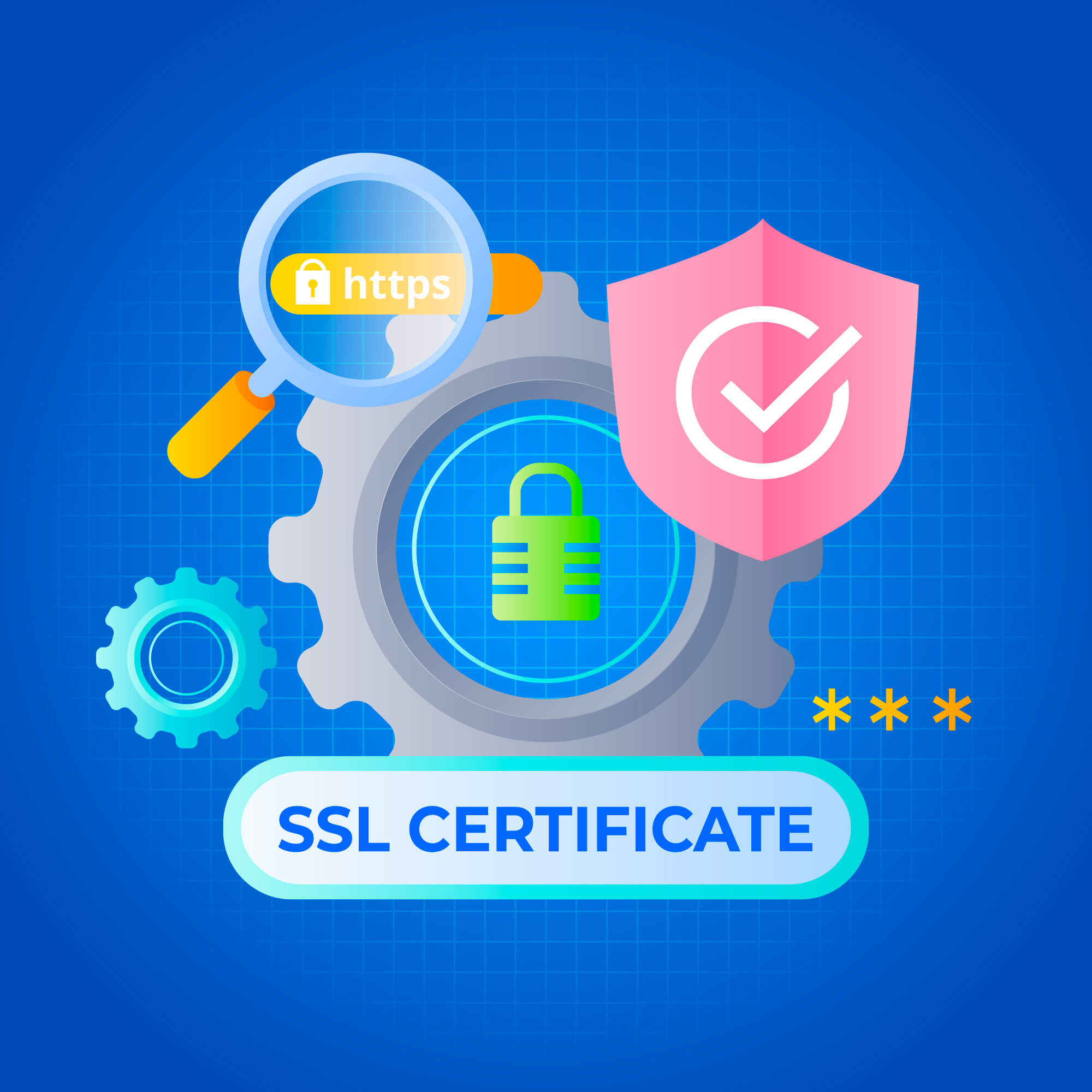Why SSL is Important: Protecting Your Data and Building Trust Online

Importance of SSL Security.
In today’s digital era, the internet has become the backbone of communication, business, and everyday interactions. Whether you're sending an email, shopping online, or managing your finances, you expect your data to be secure. This is where SSL (Secure Sockets Layer) plays a crucial role.
But why is SSL so important? Let’s dive into the reasons why SSL is essential for website security, user trust, and the overall health of the internet.
1. Encryption: Protecting Sensitive Data One of the primary reasons why SSL is important is encryption. Every time you enter sensitive information online, such as passwords, credit card numbers, or personal details, SSL encrypts the data. This means that even if a cybercriminal intercepts the data, they won’t be able to read it without the decryption key. Encryption ensures that information shared between a user and a website remains private and secure. Without SSL, data transmitted over the internet would be in plain text, making it easy for hackers to steal and exploit.
2. Authentication: Verifying Identity and Preventing Phishing SSL certificates provide authentication, verifying that the website you’re visiting is who it claims to be. This prevents attackers from setting up fake websites designed to steal your personal information, a tactic often used in phishing attacks. When a website uses SSL, the certificate is issued by a trusted Certificate Authority (CA), which verifies the legitimacy of the website’s owner. Users can trust that they are interacting with the real website, not a malicious imposter. Websites without SSL certificates are more susceptible to fraud, which could result in major security breaches.
3. Data Integrity: Preventing Tampering With SSL, data sent between a user’s browser and a server is not only encrypted but also protected from being tampered with during transmission. SSL ensures data integrity, meaning that any data transferred cannot be modified or corrupted without detection. Without SSL, cybercriminals could alter the data in transit, injecting malicious code or corrupting information, leading to a compromised website experience or severe security vulnerabilities.
4. Building User Trust: In today’s online environment, trust is everything. SSL provides visible trust indicators to users, such as the padlock icon in the browser’s address bar and the "https" prefix in the URL. Websites with an SSL certificate, especially those using an Extended Validation (EV) certificate, often display their organization's name in the browser’s address bar, adding an additional layer of trust. When users see these signs, they are more likely to feel safe entering their information or making purchases on your site. On the other hand, sites without SSL will show a "Not Secure" warning, driving users away and hurting your website's reputation.
5. SEO Benefits: Google Prioritizes Secure Sites If you’re a website owner, you know that ranking well on Google is key to online success. Google has made it clear that security is a ranking factor, and websites using HTTPS (secured by SSL) receive a ranking boost. In other words, having an SSL certificate can improve your search engine optimization (SEO) efforts. Without SSL, not only are you risking user security, but you’re also likely losing out on organic traffic, as Google prioritizes secure sites over insecure ones.



